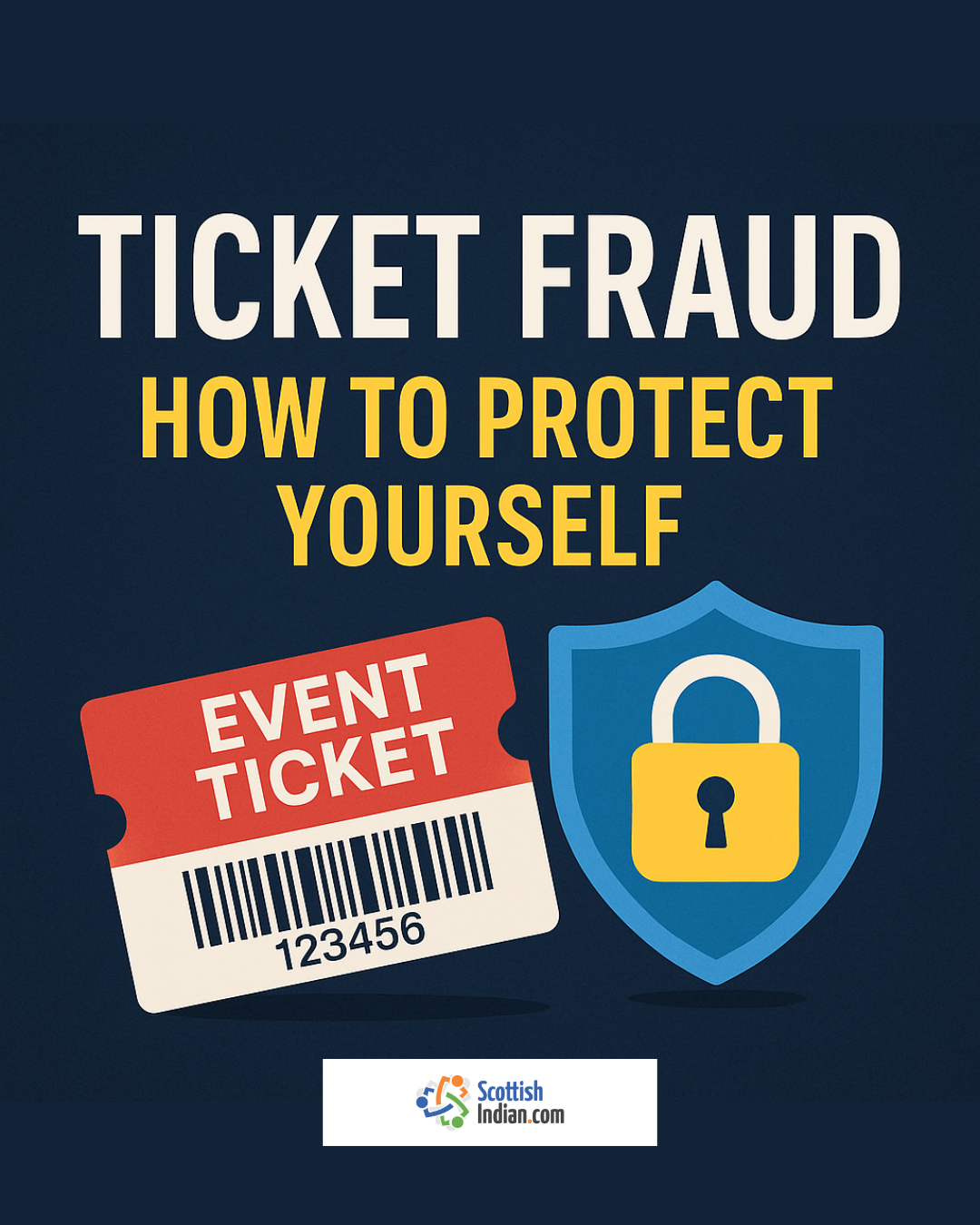A Growing Threat
Action Fraud, the UK’s national fraud reporting centre, reported that 9,826 ticket fraud cases were recorded in 2024, an 11% increase from the previous year. Financial losses also surged, rising by 47% from approximately £6.7 million in 2023 to nearly £9.7 million in 2024.
What’s more, gig-related ticket fraud accounted for roughly £1.6 million alone, doubling from the year before. Around 3,700 of these incidents were tied directly to social media platforms, especially last‑minute deals for sold‑out shows.
Planning to attend an event this summer?
Why Are Scammers Winning?
Fraudsters frequently target desperate fans searching for tickets to high-profile events like Oasis reunion shows. Those scams escalate when scammers hijack real social media accounts to sell fake tickets as if they came from friends. Victims often lose £400–£1,700 each. A recent case involved a hacker using someone’s Instagram to post legitimate-looking ads that swindled relatives and friends out of nearly £1,400.
Half of gig-ticket scams now originate on social media, Facebook alone accounts for 90%. Tactics include phishing, fake listings, impersonation of friends, and emergency‑style messaging to push bank transfers.
Who Falls Prey?
The data shows those in their twenties are the most frequent victims, making up 27% of all reports last year. Many were enticed by last-minute social-media posts promising access to sold-out concerts.
Spot the red flags before you pay:
- Sellers ask for direct bank transfer or digital currency payments.
- Unsolicited messages with “too good to be true” offers.
- Ads from unknown sources or accounts you don’t recognize.
- Pressure to act fast due to “limited stock.”
- Low‑quality or duplicated printed tickets.
- No STAR logo or membership displayed (see below).
How to Safely Buy Tickets
Action Fraud offers these official safety tips:
- Buy only from trusted sources: use a venue box office, the official promoter, or a verified reseller with STAR accreditation.
- Pay with a credit or debit card—never via bank transfer or crypto. These methods offer legal protection if the ticket doesn’t arrive.
- Look for secure website connections (addresses that begin with “https” and display a padlock icon).
- Avoid suspicious websites or listing sites that lack a full UK address or customer service contact details.
- Check for a STAR logo: The Society of Ticket Agents and Retailers is a UK self-regulatory body whose members follow a strict code of practice providing transparency and dispute resolution.
Passwords, Phishing and Account Takeover
Attackers sometimes hijack social media accounts to post fake ticket offers. This is especially dangerous because you’re more likely to trust someone you think you know. One recent case involved the perpetrator posing as a gig-goer via messages and posts to 600 followers, conning them into paying.
Protect yourself: use strong, unique passwords and enable two-step verification (2SV) on email and social media accounts. Avoid phishing links and public Wi-Fi for sensitive transactions.
New to the Uk? Read How to Spot Rental Scams in the UK: A Newcomer’s Guide
What To Do If You’ve Been Scammed
- Contact your bank immediately if you think you’ve paid for a fake ticket.
- Report the fraud to Action Fraud via their online form or by calling 0300 123 2040 (or call 101 in Scotland).
- If the seller was a STAR‑accredited vendor, you can access the STAR Alternative Dispute Resolution scheme.
You can also share your experience with the ScottishIndian.com community to warn others and help raise awareness.
The emotional impact of losing money before a major event is serious but even more troubling is how professional fraudsters exploit social media and online desperation. The Stop! Think Fraud campaign, endorsed by the Home Office and City of London Police, highlights the urgent need for consumer awareness and vigilance.
- Ticket fraud losses jumped nearly 50% in 2024 to almost £9.7 million.
- Social media-based scams accounted for half of gig-related frauds.
- Always use official sellers, secure payments, and look for STAR accreditation.
- Protect personal accounts through robust passwords and two-factor authentication.
- Report suspected fraud swiftly to Action Fraud.






